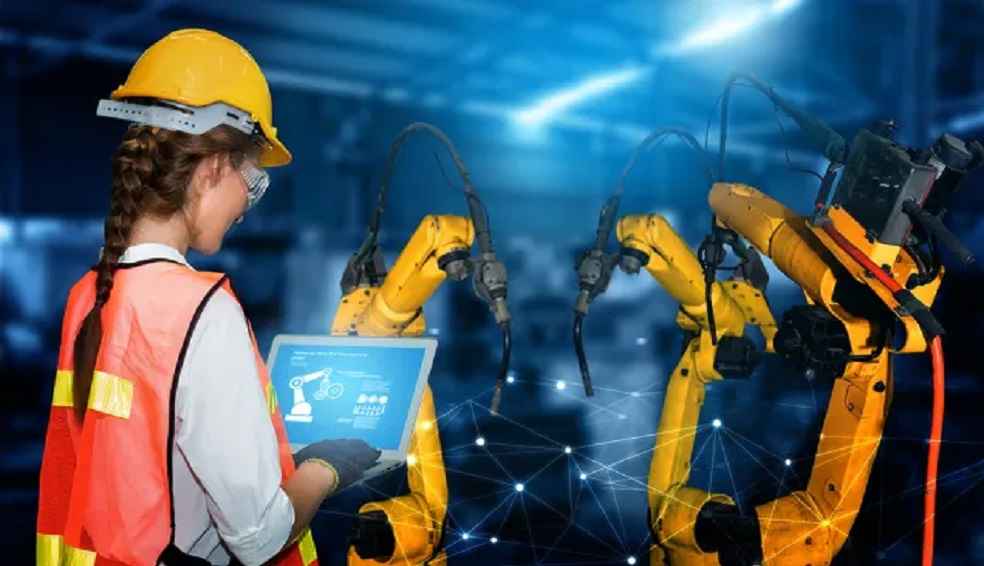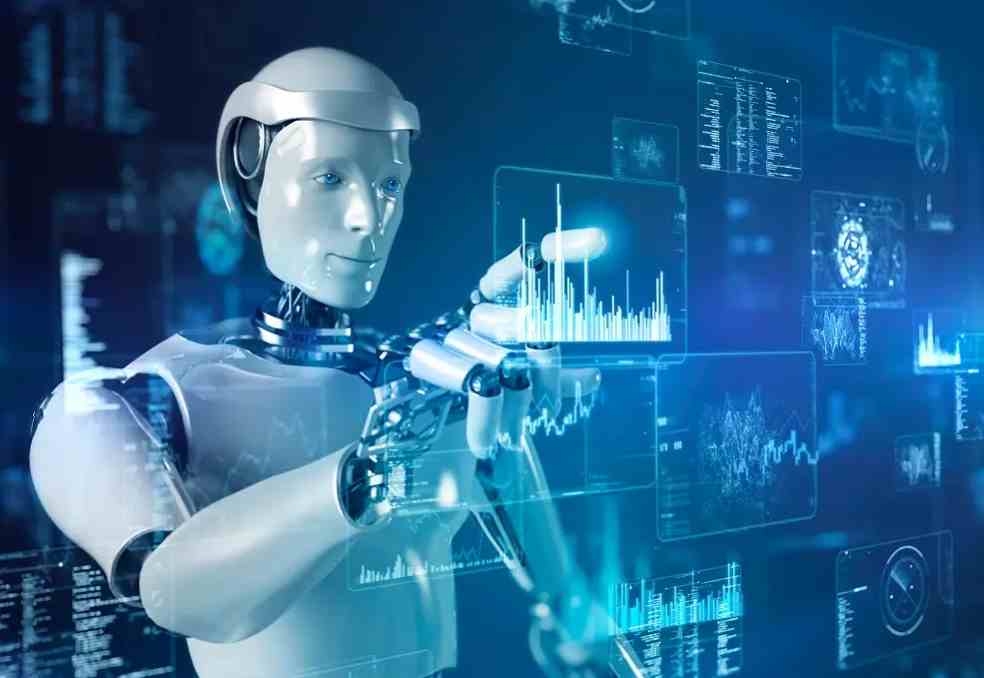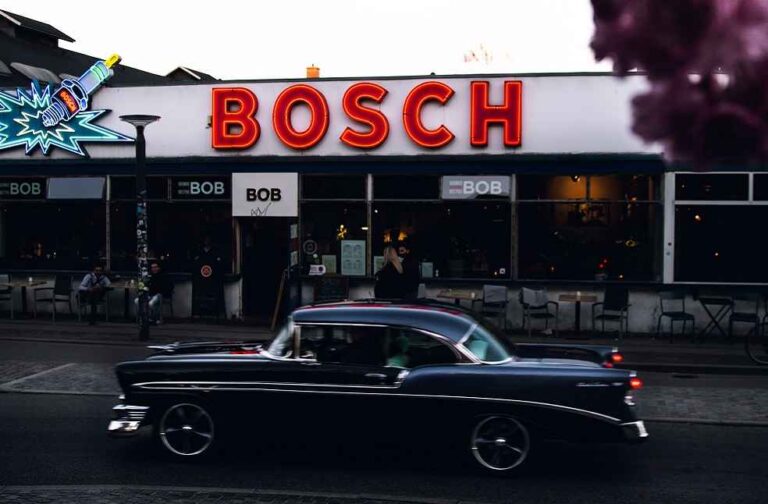Bosch aims to invest over €2.5 billion in artificial intelligence (AI) by the end of 2027, with a focus on advancing its capabilities in mobility, manufacturing, and consumer products. The initiative aims to position the German technology and engineering company as a global leader in applied AI while unlocking new growth opportunities across its key business areas.
According to Stefan Hartung, Chairman of the Bosch Board of Management, AI’s rapid progress is creating unprecedented opportunities for innovation and commercial expansion. “The breakthroughs in AI make it possible to open up completely new chapters in technology, accelerate the development of innovations, and turn these into business,” he stated.
Over the past five years, Bosch has filed more than 1,500 AI-related patent applications, establishing itself among Europe’s top innovators in the field.

Advancing AI in Mobility and Manufacturing
One of Bosch’s primary goals is to generate more than €10 billion in annual sales from AI-driven mobility solutions by 2035. These include advanced software systems, sensors, high-performance vehicle computers, and network components to support assisted and automated driving. AI is being applied to improve environment perception, optimize route planning, and reduce development cycles by training generative models with real-world sensor data.
Bosch is pioneering the use of agentic AI systems that can make autonomous decisions in manufacturing. Multi-agent AI models are already in use within the company to monitor machinery, predict maintenance needs, and manage workforce resources. These systems have led to fewer unplanned disruptions and enhanced productivity, according to Board Member Tanja Rueckert.
To further democratize AI adoption, Bosch plans to launch a platform in late 2025 enabling external companies to develop their own agentic AI solutions with minimal coding skills. The platform is designed to increase manufacturing efficiency, reduce operational costs, and improve adaptability to market shifts.

AI in Consumer Products and Workforce Development
Bosch is also embedding AI in a range of consumer technologies, including ovens that recognize up to 80 types of dishes, wall scanners that detect hidden infrastructure, and e-bikes with smart range prediction. Safety-focused innovations include AI-powered baby cribs and monitoring devices.
Internally, the company has prioritized workforce upskilling. Since 2019, Bosch’s AI Academy has trained over 65,000 employees, and the company now employs nearly 5,000 AI specialists. Hartung stressed the broader societal implications, noting: “One thing is becoming increasingly clear: a society without AI capabilities will fall behind in global competition.”
Bosch’s 2024 Tech Compass survey reinforces this view, revealing that four in five people worldwide are open to learning AI skills, with broad support for integrating AI into school education. In Germany, 72% of respondents believe AI will be the most influential technology over the next ten years.
With this major investment, Bosch is not only accelerating its own digital transformation but also contributing to the wider adoption of AI technologies in society and industry.
EV WORLD | India Opens EV Policy Portal to Invite Tesla and Global Carmakers





